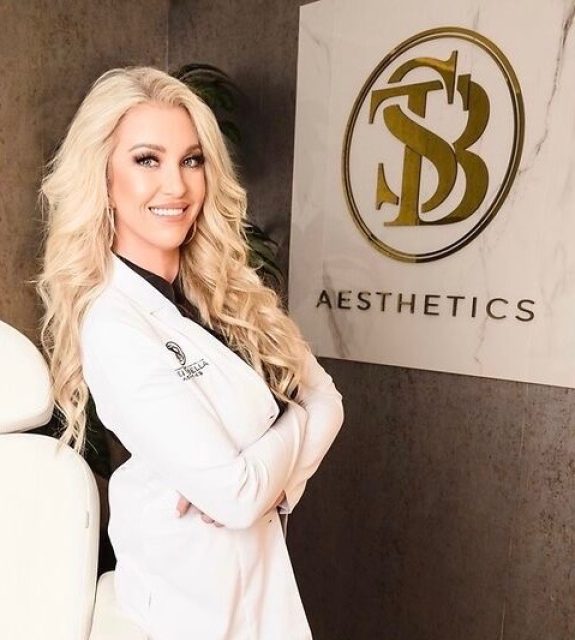Maintaining good oral health goes beyond daily brushing, flossing, and mouthwash. While these habits are crucial, they are complemented by regular visits to your dentist for professional cleanings and checkups. These visits are essential for ensuring your teeth and gums remain healthy and free from issues that can arise despite diligent home care.
 Photo Credit: Courtesy of Ground Picture/Shutterstock
Photo Credit: Courtesy of Ground Picture/Shutterstock
What to Expect During a Routine Dental Check-up
During a routine dental check-up, your dentist will perform a comprehensive oral exam. This includes evaluating your teeth, gums, and tongue for any potential issues such as gum disease, cavities, teeth grinding, cracked teeth, and oral cancer. Additionally, X-rays will be taken to diagnose any conditions accurately and help your dentist make the right decisions for your care. This checkup is as crucial as your annual physical. Mark your calendars, allocate a budget, and schedule your twice-a-year dental checkups and cleanings. At the very least, we recommend visiting your dentist once a year to assess your oral health and receive a professional cleaning.
Specific Concerns or Symptoms to Mention to Your Dentist
If you experience pain, discomfort, or irritation in your mouth, it's essential to make an appointment with your dentist. Bad breath, which is not normal, should be discussed as it can be linked to various underlying issues. Additionally, if your gums are red, irritated, sore, or bleeding, you likely have gum disease. Early symptoms of gum disease are mild, but ignoring them can lead to significant health risks. Tooth sensitivity, especially when drinking hot or cold beverages, can also indicate gum infection.
How Often Should You Schedule Dental Appointments?
Your dentist will recommend a schedule based on your oral health assessment during your check-up. After evaluating your teeth and gums, you'll receive a diagnosis and a treatment plan. You may be placed on a maintenance schedule for preventive cleanings once or twice a year. If you have active gum disease, more frequent check-ups and cleanings will be necessary to restore your oral health. Be sure to ask your dentist about your specific needs before leaving the office.
Potential Consequences of Neglecting Dental Care
Neglecting dental care can have serious consequences for your overall health. Small issues that could be treated easily and affordably can become more complex and expensive to address if left untreated. For example, plaque accumulation can lead to tartar buildup, causing irreversible bone loss and periodontal disease. Regular dental visits help prevent these issues, saving you time, money, and potential discomfort.
Dietary and Lifestyle Habits Impacting Dental Health
Oral health is closely linked to overall health. Here are some habits to consider:
- Drink More Water: Water helps flush away harmful bacteria and maintains saliva production, which neutralizes acids and controls bacterial growth.
- Limit Refined and Processed Foods: Sugars in these foods feed harmful bacteria, leading to acid production and cavities. Opt for a diet rich in whole, real foods.
- Consume Foods High in Calcium and Fiber: Foods like leafy greens, vegetables, and nuts strengthen teeth and promote healthy chewing, which helps clean teeth naturally.
Maintaining Good Oral Hygiene Between Dental Visits
At-home care is crucial for complementing professional dental care. Here's how you can maintain good oral hygiene:
- Use Alcohol-Free Mouthwash: Use it before brushing to help reduce bacteria.
- Floss Daily: Flossing removes debris between teeth, preventing cavities and gum disease.
- Brush Correctly: Brush twice a day, especially before bed, for two minutes with a soft-bristle toothbrush. Use gentle circular motions at a 45-degree angle to your gums.
- Be Gentle: Treat your teeth and gums with care, like the skin of a peach. Brush for the full two minutes to ensure all surfaces are clean.
For an enjoyable brushing experience, listen to a podcast, music, or something interesting on YouTube.
Remember, maintaining regular dental appointments and practicing good oral hygiene at home is key to getting your mouth back to health and keeping it there.
For more information, visit Dr. Husam Almunajed's social media:






















